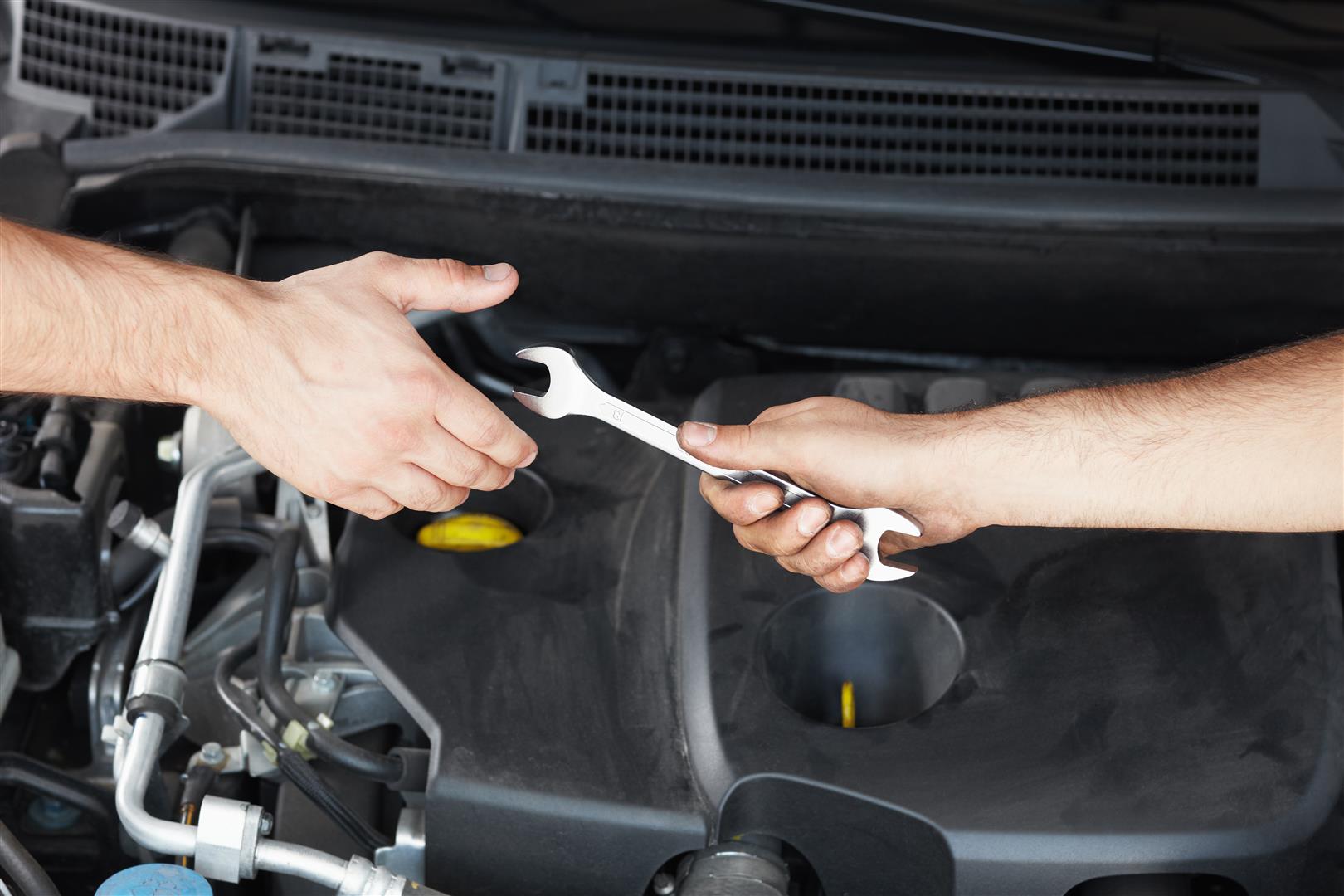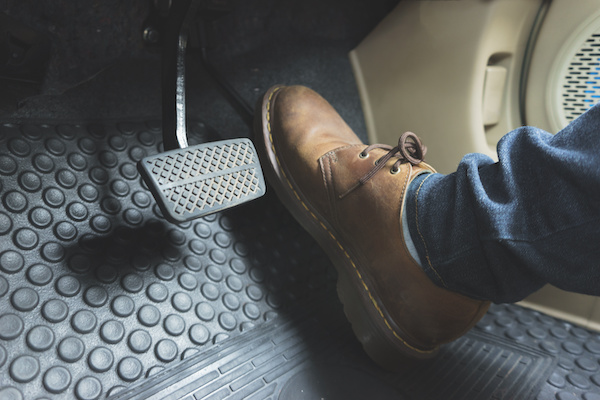Posted on 11/8/2023

A standard transmission maintenance is very similar to an oil change. First, the transmission pan is removed and the old transmission fluid is drained. Then, the transmission filter is changed out and the transmission pan gasket (the seal between the pan and the main transmission housing) is replaced. The good news is a transmission service isn't required nearly as often as an oil change. It may only be needed every 30,000-60,000 miles, depending on the age, model and total mileage of the vehicle—along with a few other factors. Dealing with standard transmission maintenance when needed will provide many key long-term benefits for you as the vehicle owner and driver. Here are the main reasons why you should keep up with maintaining your transmission: 1. Problem Prevention Regular transmission inspections and routine maintenance are done as preventative measures. They can help you avoid the ... read more
Posted on 10/18/2023

Automotive maintenance is just like going to the dentist. It may seem like a hassle, but ultimately it is worth it. You can ensure your car has a clean bill of health and take preventative measures to keep it running well for many years to come. You depend on your teeth every day, which is why you go to the dentist. You also depend on your car every day. And that's why you don't want to ignore your auto care needs! Here are 5 of the best reasons you should keep up with your automotive maintenance schedule: 1. Long-Term Health Simple things like changing the oil, checking fluids and rotating the tire have lasting long-term effects on the health of your vehicle. You can keep it in good shape and reliable for as long as you own it. 2. Improved Performance Ever notice how much nicer it is to drive a car that is just coming out of maintenance? It feels renewed and refreshed. In ... read more
Posted on 9/27/2023

It sure can be annoying when your vehicle's "check engine" light comes on while driving. It may not feel like there is anything wrong with your car, and there may not be any serious issues to worry about. However, there are many reasons why a check engine light can be illuminated. It's not worth the risk to just ignore it and hope it goes away. Your best bet is to get your vehicle looked at by a trusted mechanic, who can perform a physical vehicle inspection and run diagnostic tests. Why is the Check Engine Light Illuminated? The check engine light is an extension of your car's computer system. The more modern your vehicle, the more advanced its internal computer, sensors and other components will be. Many of today's vehicles will offer a more specific warning message beyond just the check engine light illuminating. This can help you narrow down the problem before you even take your car to ... read more
Posted on 9/20/2023

Dealing with automotive maintenance services like oil changes can be a bit like going to the dentist. There's nothing particularly fun about it, but it needs to be done if you want to keep your vehicle healthy. A standard oil change is a relatively simple procedure. Old oil is drained from the pan and the oil filter is replaced. Fresh new oil is added. Engine oil is truly the lifeblood of your car, so you want to keep clean oil in the system. It will help keep your engine running smoothly. If your oil is low or degraded in any way, you risk engine parts seizing up and major damage can occur. This is why you need to take care of oil changes from time to time. The big question we often get is how often do you really need to change your car's oil? Does it have to be done as often as mechanics and vehicle manufacturers recommend? The answer may depend on several factors. In general, it is best to go with the manufac ... read more
Posted on 8/23/2023

Unless you drive a fully electric vehicle, you need fuel to power your car, truck or SUV down the road. You fill up the tank when it's empty, but you may not think too much about fuel system maintenance. A good mechanic will let you know when the fuel system should be inspected and be able to make the necessary repairs if something is wrong. However, it always helps as a vehicle owner to know when you might have a fuel system problem. It's better to catch a minor issue early before it develops into something much worse. Signs of Fuel System Problems First, let's talk about the symptoms that may be telling you there is a problem with your vehicle's fuel system. Here are a few of the warning signs that you can look for: Check Engine Light—This warning light can come on for almost any automotive issue, and it can represent a fuel problem. It's best to get your ... read more